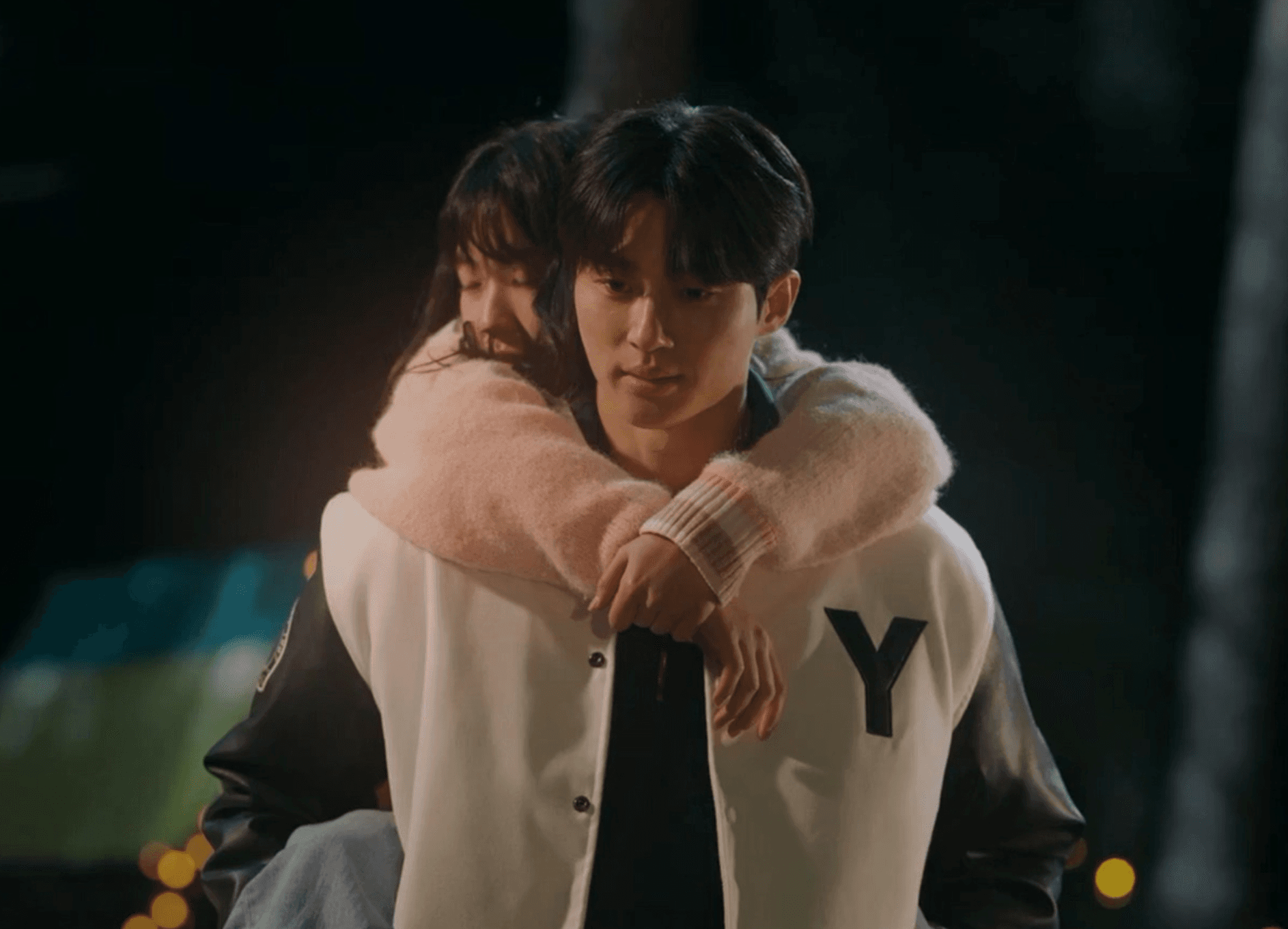- Published on
How to Say "Oppa" the Right Way (And When NOT To)
- Authors

- @KOREAN.TINA
- Name
- Tina Park
"Oppa" is one of the most iconic Korean words, thanks to K-dramas—but are you using it correctly? Let’s break down what it really means, when to say it, and when it can get... awkward.

What does "Oppa" (오빠) mean?
In Korean, 오빠 (oppa) literally means older brother when used by a younger female. But over time, it’s become so much more—especially in romantic and casual K-drama settings.
Depending on the situation, oppa can mean:
- An older brother (biological or close male friend)
- A male friend you're close with (if you're a girl)
- A boyfriend or husband (yes, really!)
- A flirty way to call your crush 😘
✔️ When to Say It
You can call someone oppa if:
- You're female and he's older than you (but not by a generation)
- You’re close or familiar with him (friends, partner, etc.)
- He gives you permission or it's already accepted naturally
🎬 Examples from K-Dramas:
- Romantic: “오빠... 사랑해요.” (Oppa… I love you.)
- Playful: “오빠, 아이스크림 사줘~” (Oppa, buy me ice cream~)
❌ When NOT to Say It
You shouldn’t say oppa if:
- You’re male (unless you’re quoting or joking)
- He’s younger than you (unless intentional)
- You don’t know him well and it might feel too familiar or flirty
- You’re in a formal situation (like a business meeting)
😬 Awkward Example: Calling your Korean Airbnb host oppa after just meeting him? Too soon. Cringe alert!
🎭 Why It Feels Romantic in K-Dramas
In K-dramas, oppa often has a soft, flirty, or emotionally vulnerable vibe. It’s not just what you say—it’s how you say it:
- In a whisper
- With a slight pout
- During an emotional scene 😢 or when asking a favor
So when you see characters like Ji-eun or Hye-jin say it, it’s dripping with context.
💬 Want to Practice Saying It?
Try this:
“오빠, 오늘 뭐 해?” (Oppa, what are you doing today?)
Record yourself or use a K-drama clip and mimic the tone. It’s all about attitude and context!
Final Tip
Using oppa the right way shows that you understand not just the language—but also the culture. So if you're learning Korean through K-dramas, it’s one of the most useful (and fun) words to master.